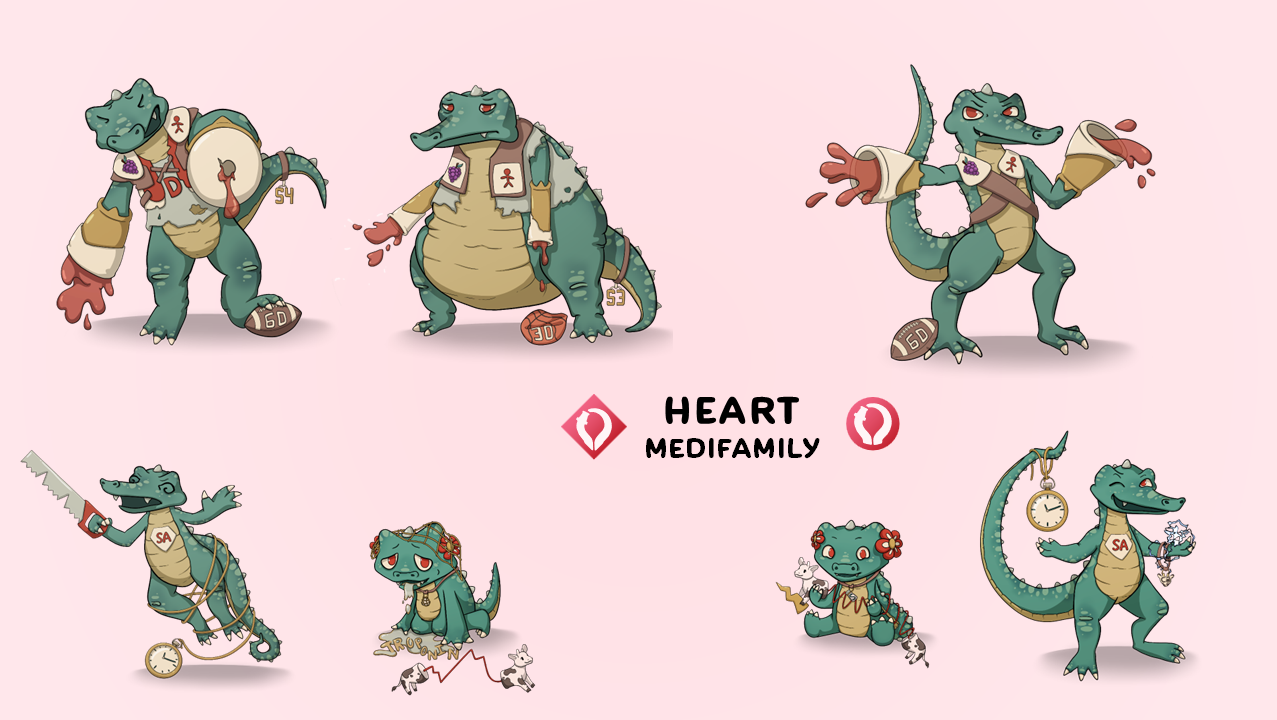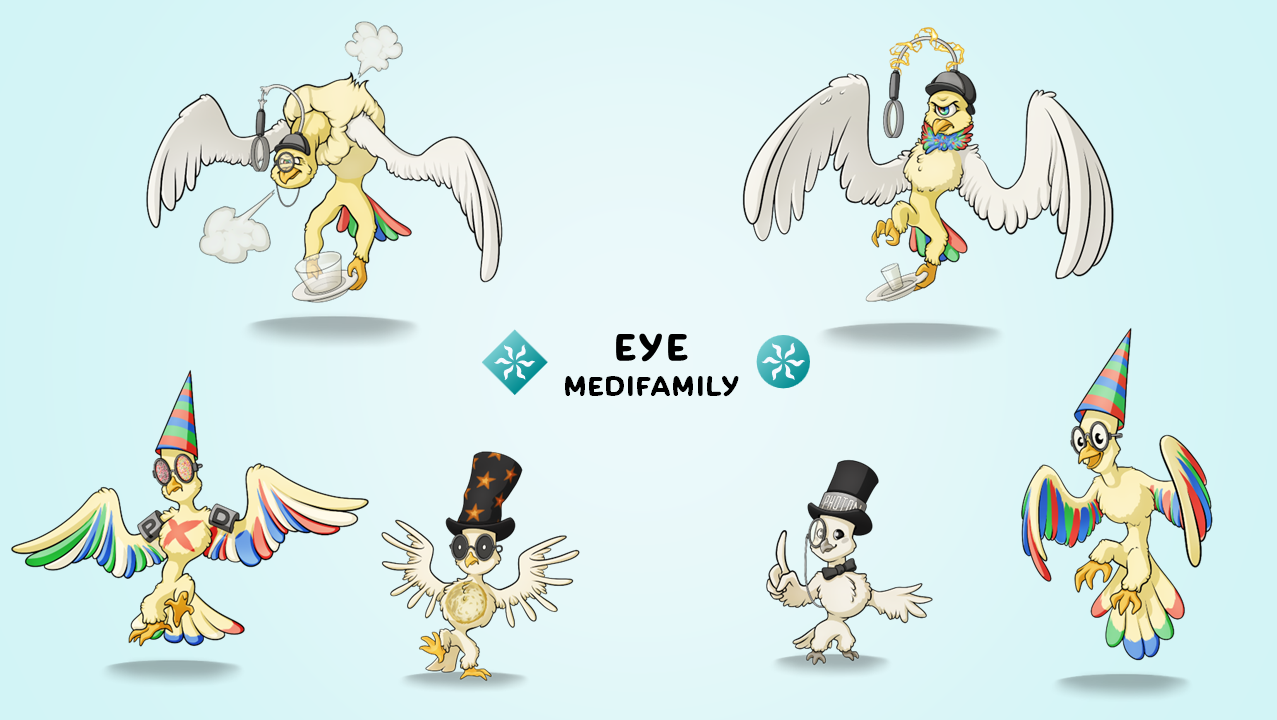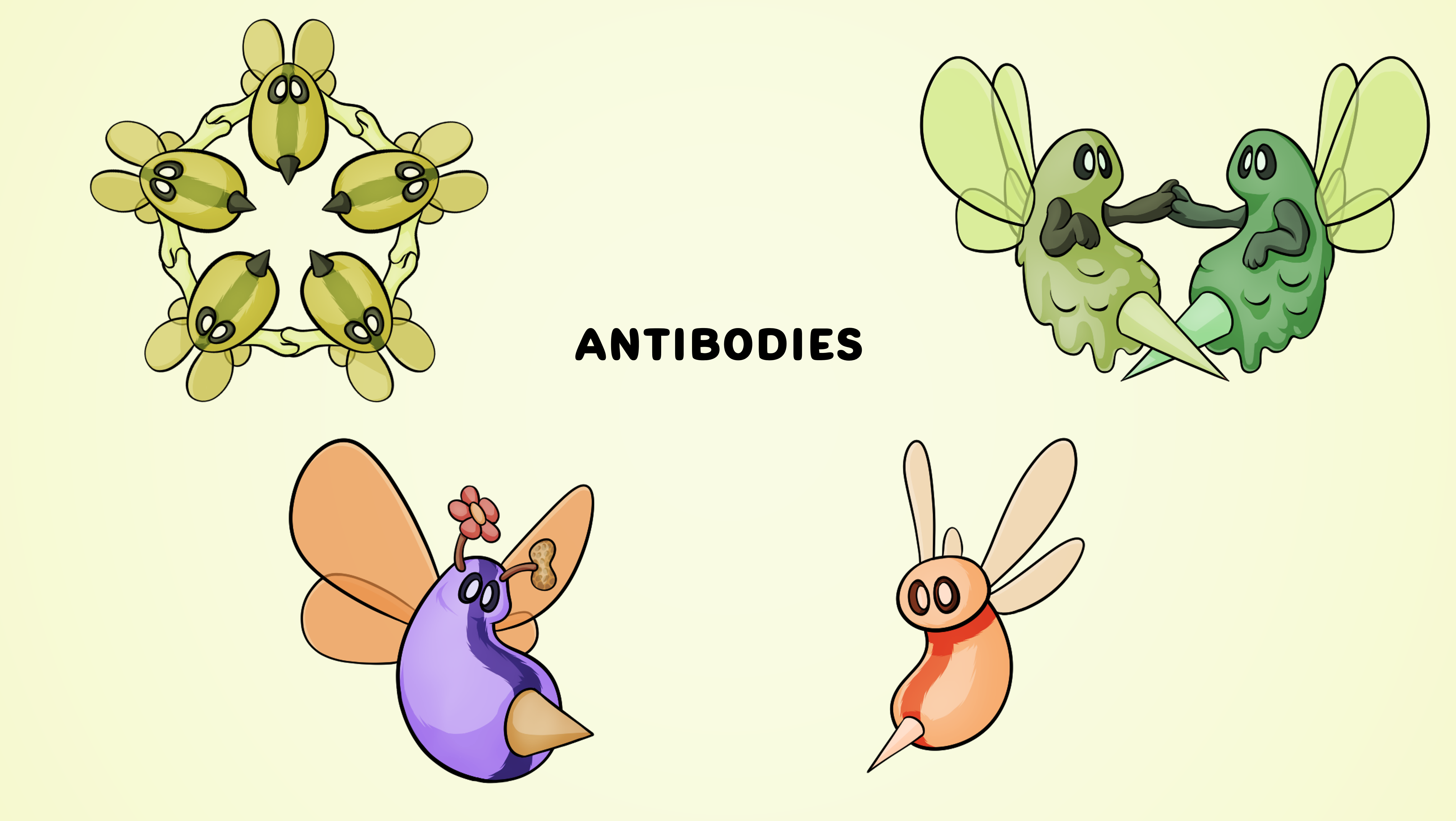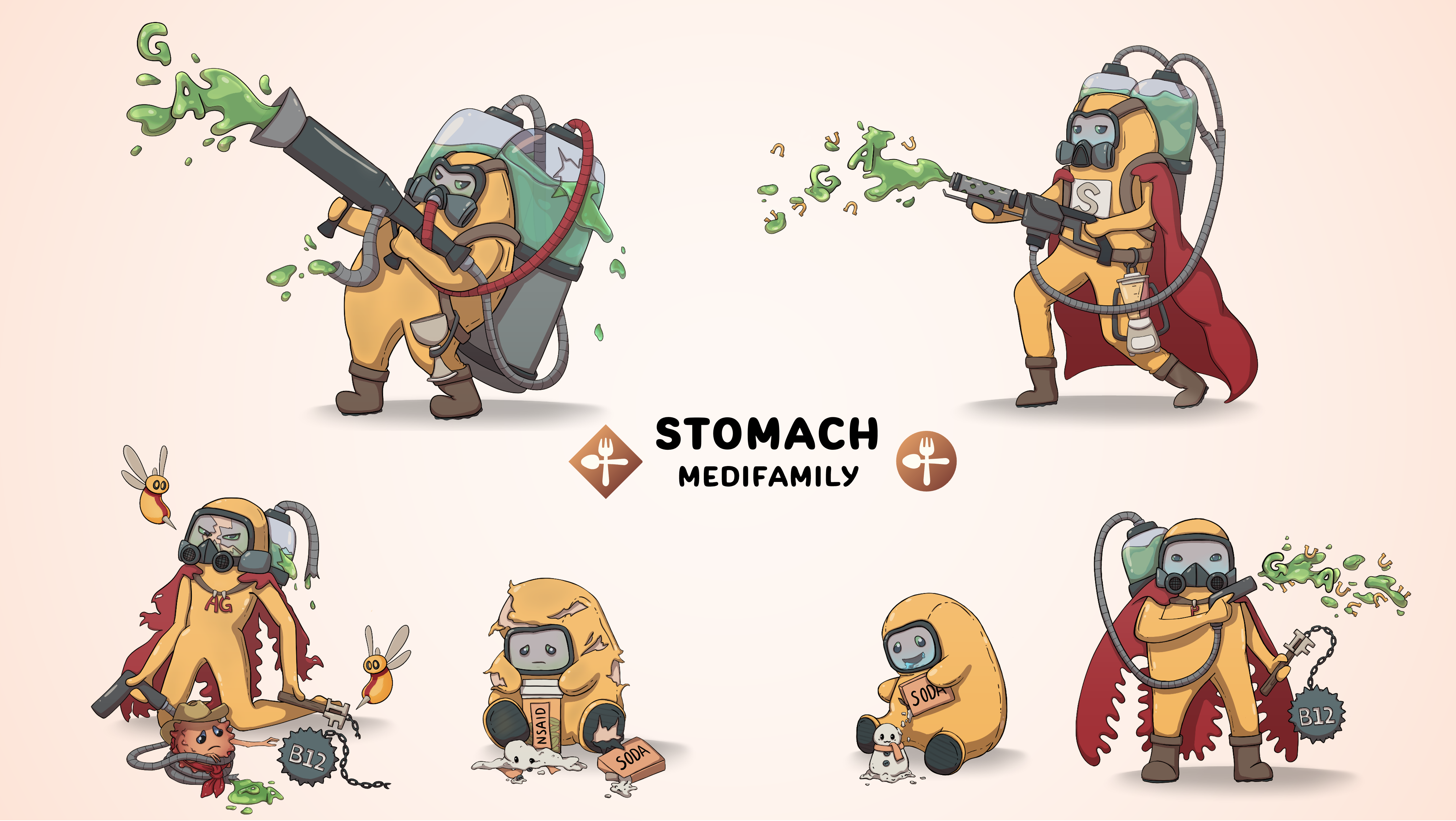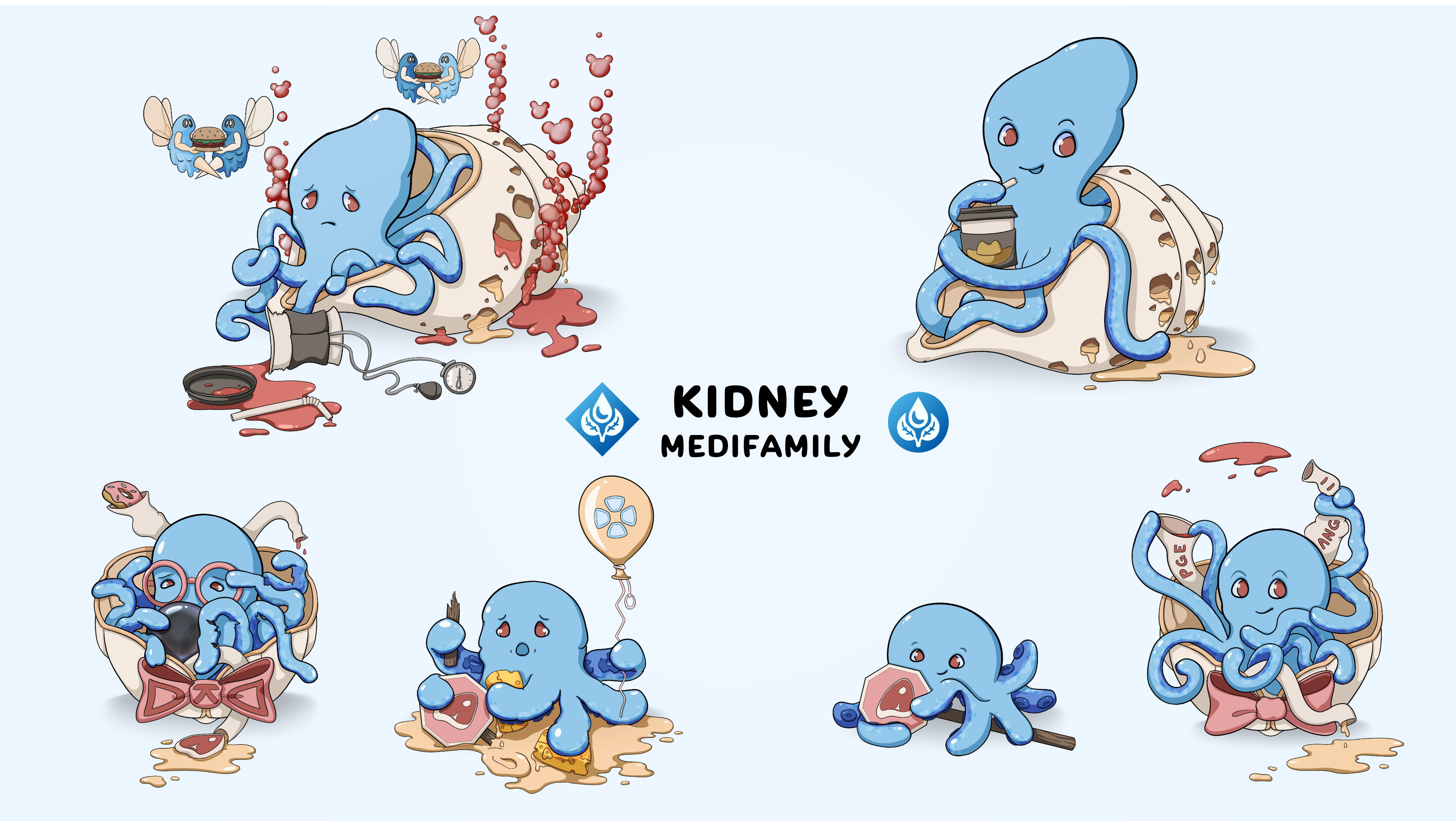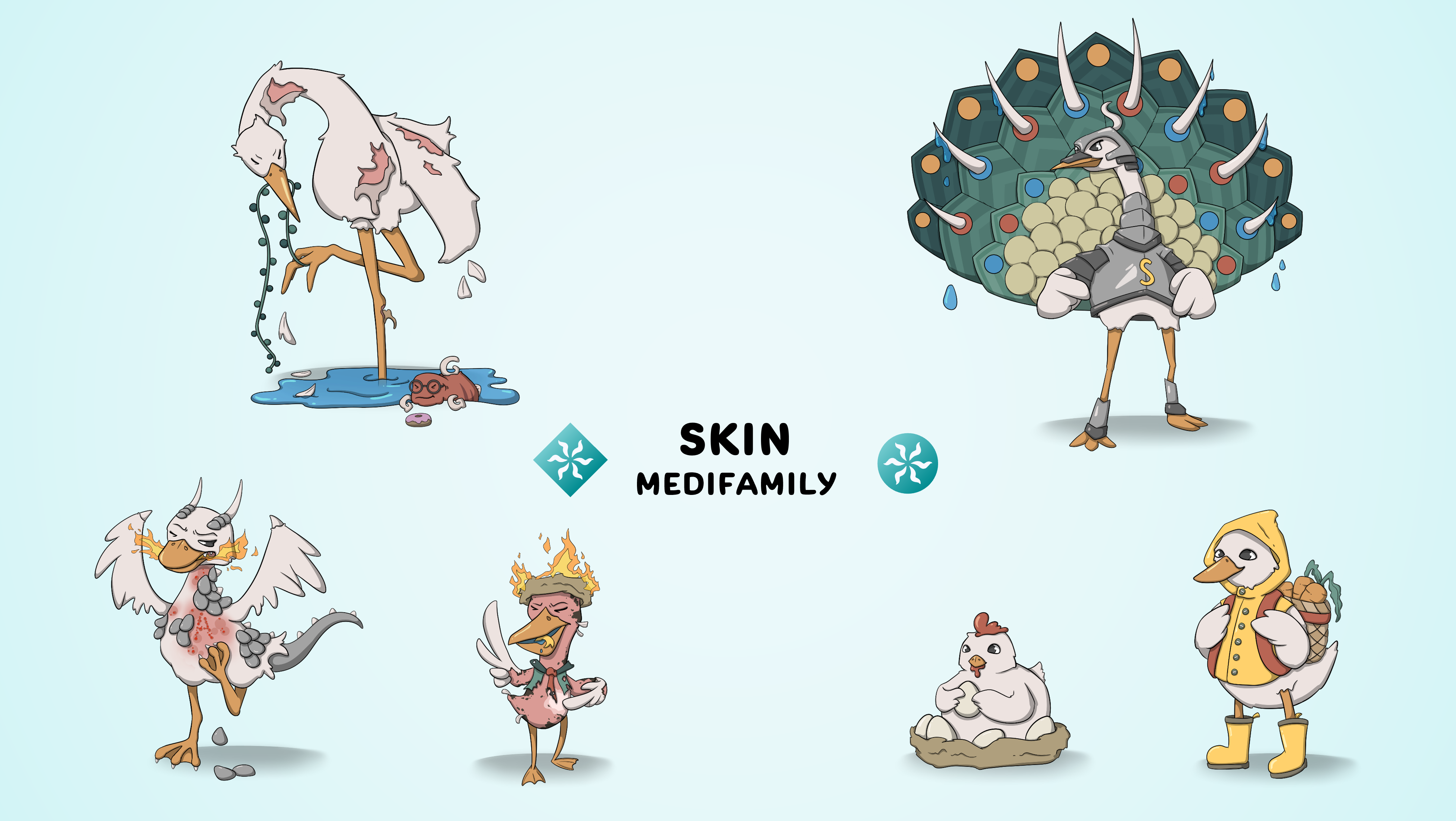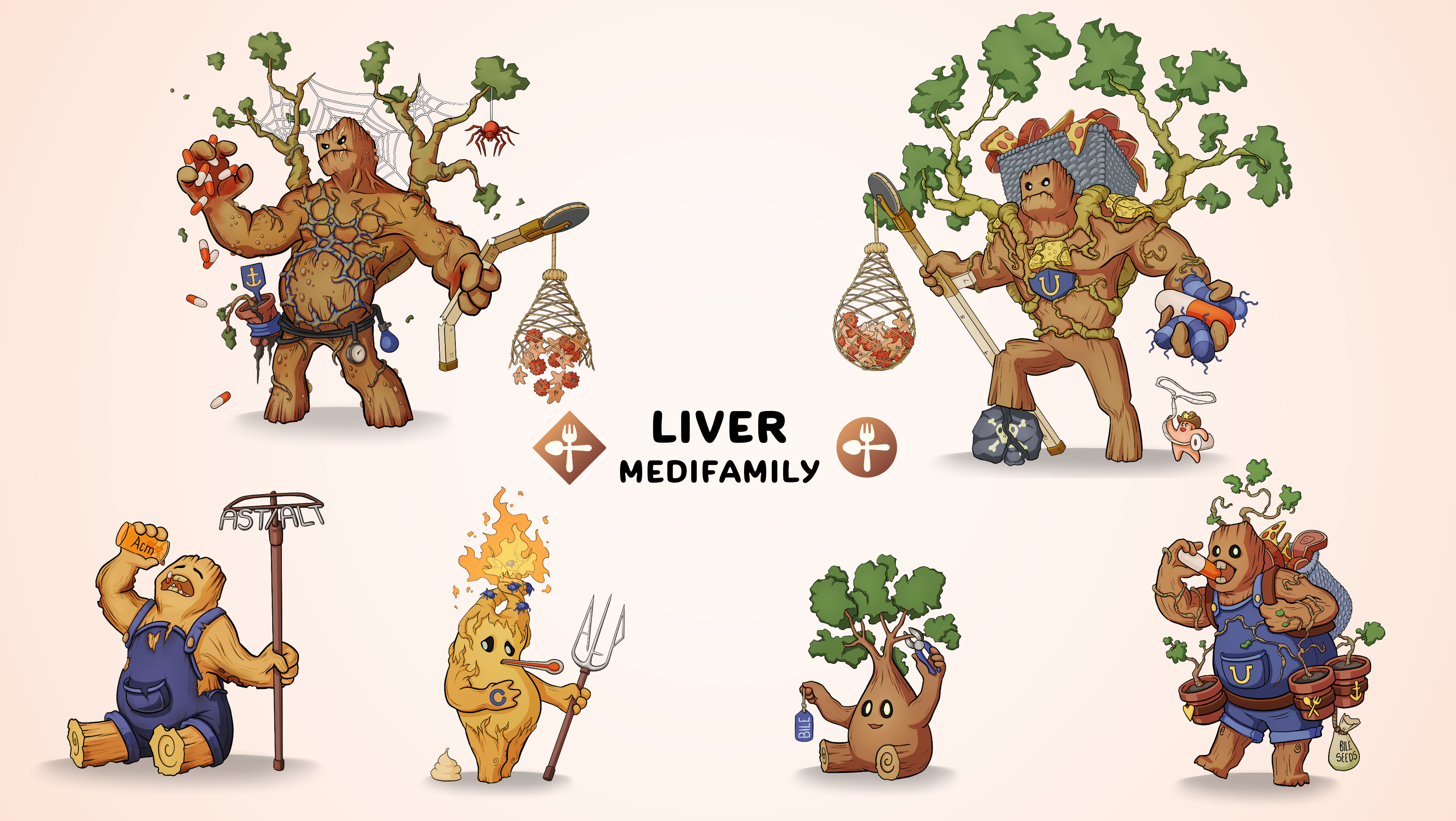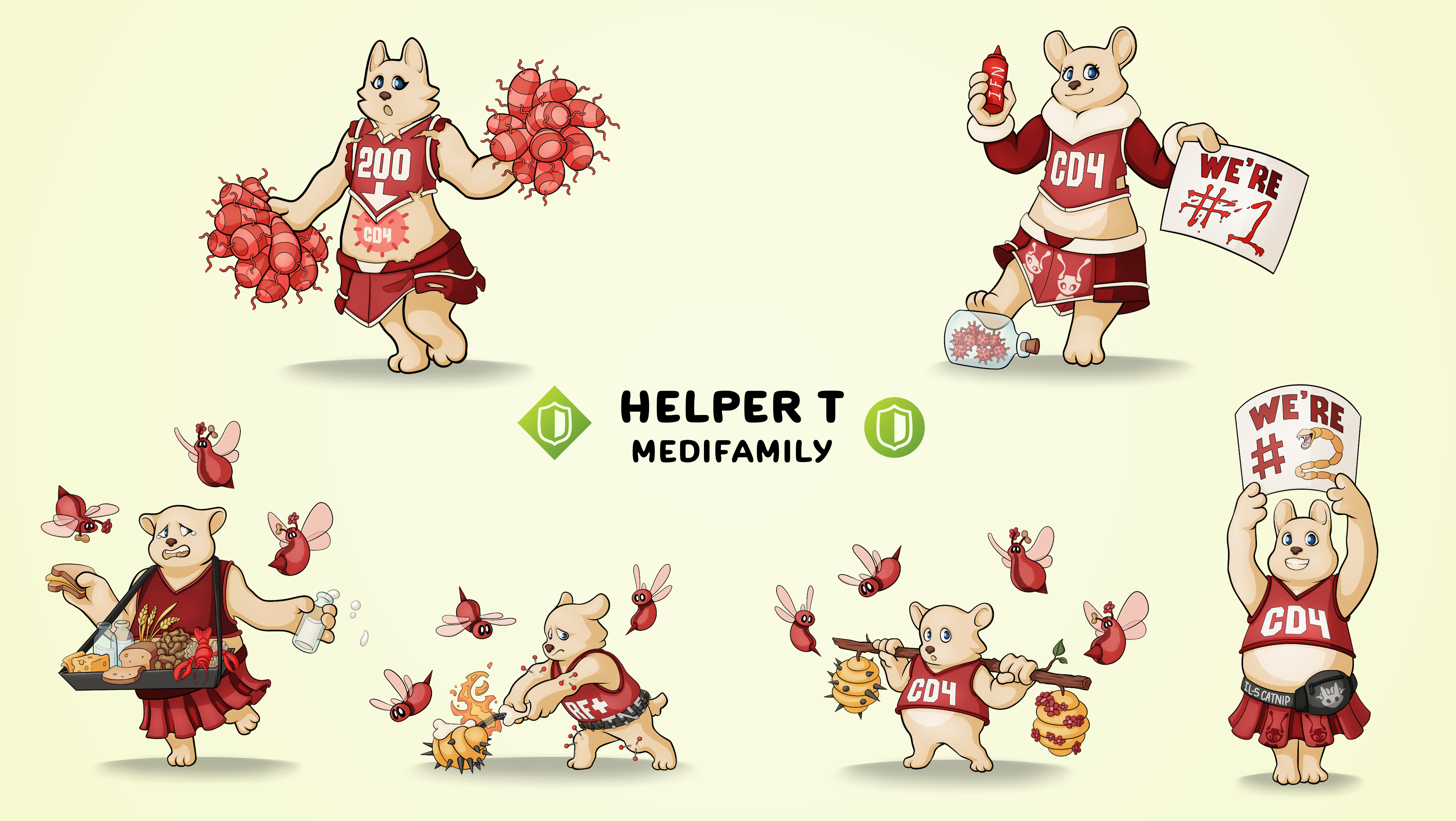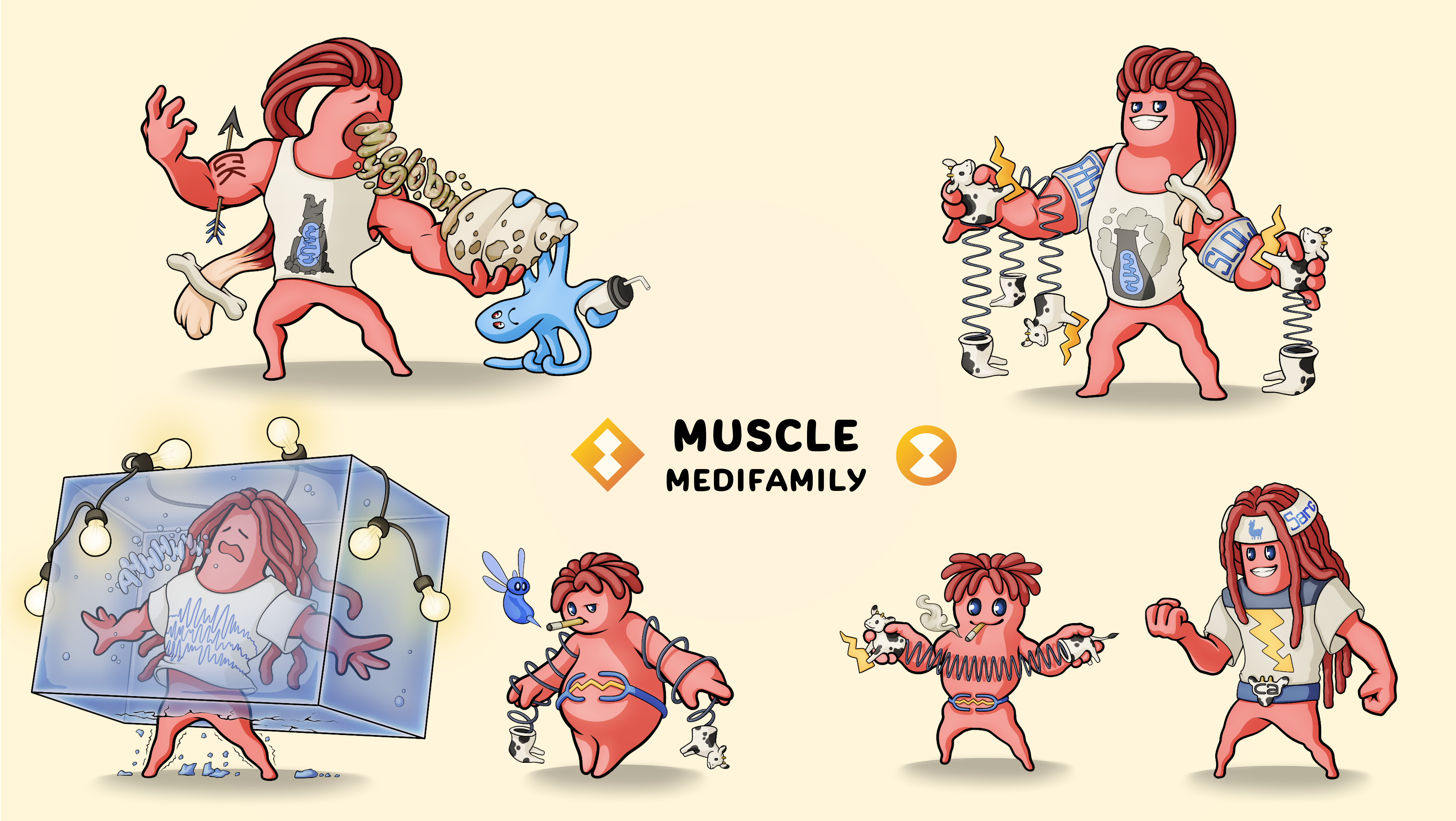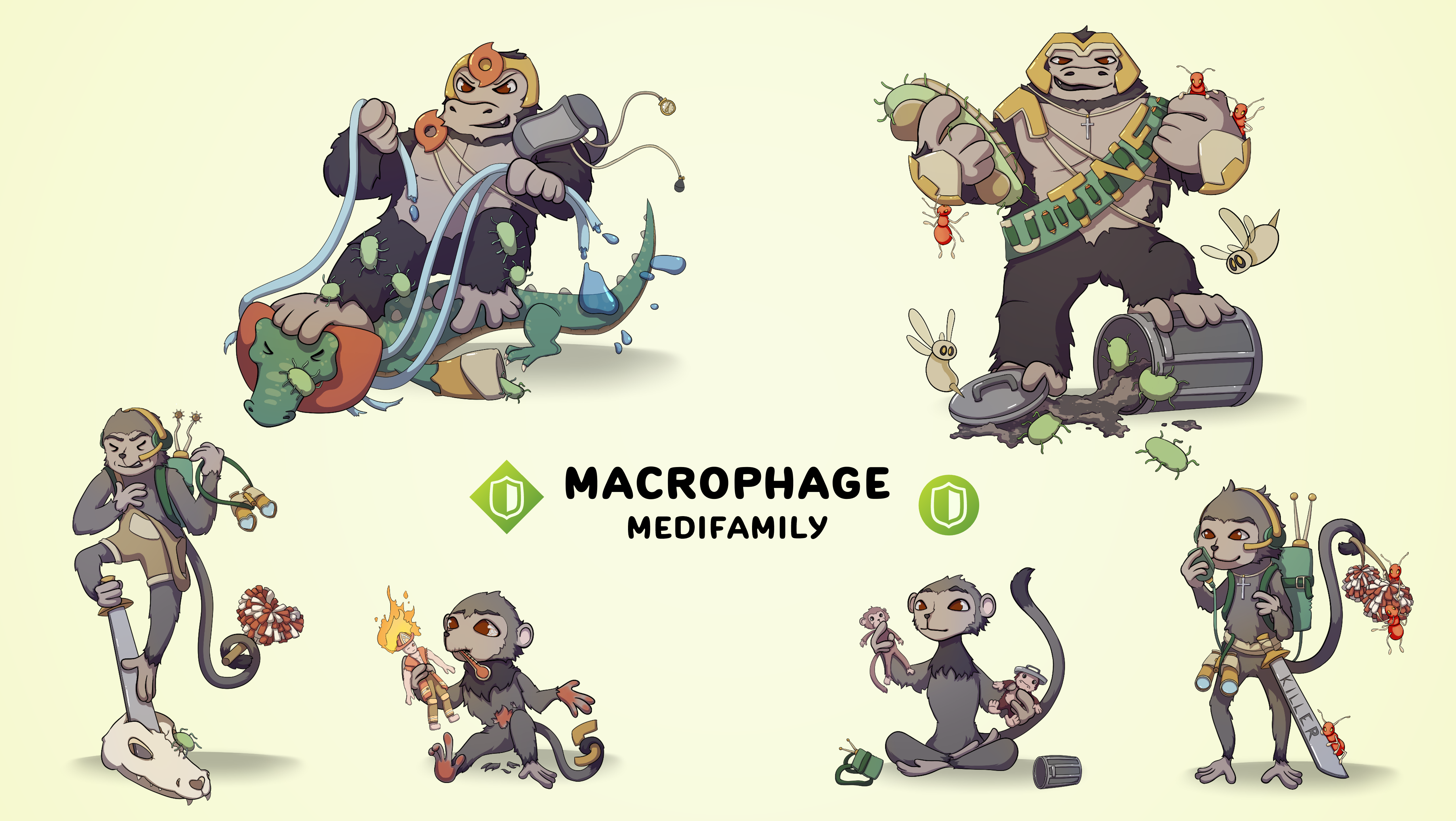Healthy lymph
Lymphatic Capillary
Lymphatic Capillaries are tiny, thin-walled vessels that collect excess fluid and fat from your body's tissues. They play a crucial role in your immune system by helping to remove waste products and fight infections.
Lymphatic Vessel
Lymphatic Vessels are a network of tubes that transport lymph, the fluid collected from tissues, throughout your body. They help maintain fluid balance, remove waste, and support your immune system.
Lymph Node
Lymph Nodes are small, bean-shaped structures that filter lymph as it travels through the lymphatic system. They contain immune cells that help fight infections and remove harmful substances from your body.
Diseased lymph
Lymphedema
Lymphedema is a condition where excess fluid builds up in your body's tissues, causing swelling. It usually occurs in the arms or legs and can be caused by damage to or a blockage in the lymphatic system.
Elephantiasis
Elephantiasis, or lymphatic filariasis, is a tropical disease caused by parasitic worms that block the lymphatic system. This blockage can lead to severe swelling and thickening of the Skin, usually in the legs or genitals.
Swollen Node
Lymphadenopathy refers to swollen or enlarged Lymph Nodes, often due to infection or inflammation. It can be caused by various conditions, including infections, immune disorders, or cancers.
Lymph Treatment
Lymphedema -> Lymphatic Capillary
Complete decongestive therapy (CDT) is a treatment for Lymphedema that combines manual lymphatic drainage, compression garments, exercise, and Skin care. This therapy helps to reduce swelling and improve lymph flow, easing the symptoms of Lymphedema and preventing complications.
Elephantiasis -> Lymphatic Vessel
Diethylcarbamazine is a medication that treats Elephantiasis by targeting and killing the parasitic worms that cause the disease. It helps reduce swelling and the progression of the condition, improving the patient's quality of life.
Swollen Node -> LYmph Node
Antibiotics are used to treat lymphadenopathy when it's caused by a bacterial infection. They work by killing the bacteria or stopping them from growing, which helps reduce swelling and inflammation in the affected lymph nodes.

